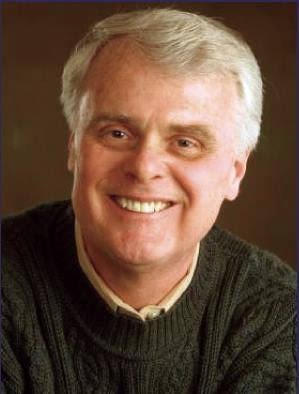In this Podcast, Fabrice and David answer the question: What is therapeutic resistance? You will find out that therapeutic resistance is NOT what you were taught in graduate school or read about in the writings of Sigmund Freud! You will also discover why overcoming therapeutic resistance can be the key to high-speed, dramatic recovery for many depressed and anxious individuals.
Dr. Burns illustrates his new T.E.A.M. Therapy approaches with a dramatic vignette involving a violent, depressed and suicidal drug addict who challenges and attacks Dr. Burns repeatedly during a group therapy session at a hospital in Philadelphia.


